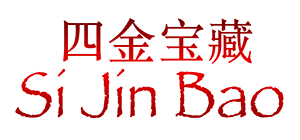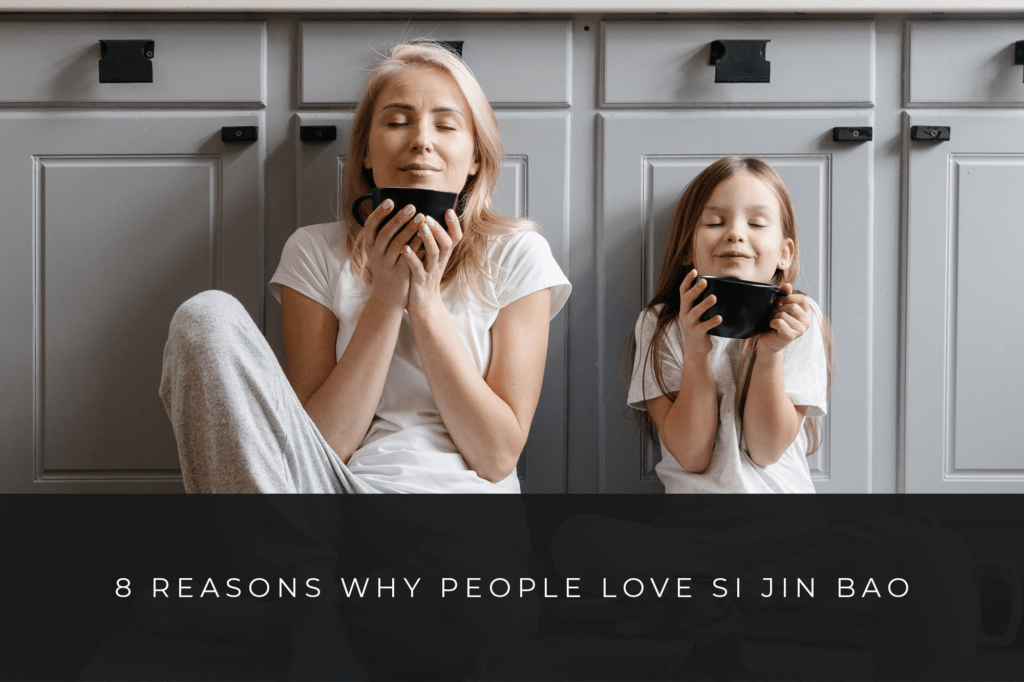
8 Reasons Why People Love Si Jin Bao Here’s why health conscious people are trying and sticking with Si Jin Bao Herbal formulas. 1. They’re Designed By a Physician Si Jin Bao herbaceuticals are designed and crafted by a Physician and Herbaceutical Engineer with 26+ years of clinical experience. In fact, he is widely known […]
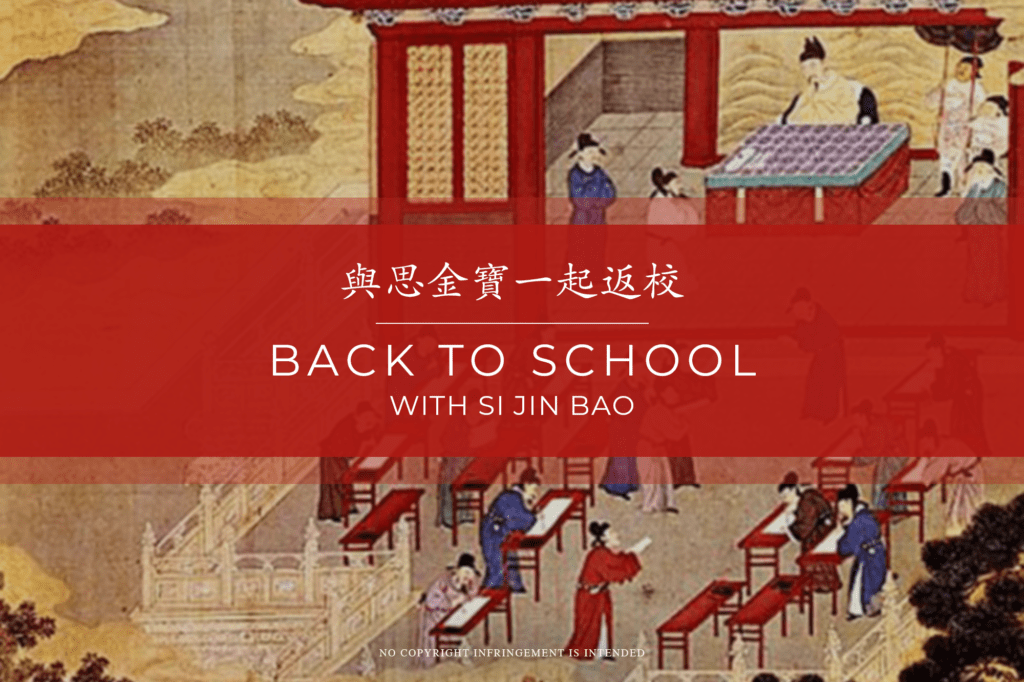
It’s That Time Again, & Si Jin Bao is Here to Help! In many parts of the Western Hemisphere it’s “Back to School” time. If you follow the Ancient Chinese calendar you will also know that the solar term 立秋 Lì Qiū, translated as “autumn begins” has just commenced and is a transitional period of […]
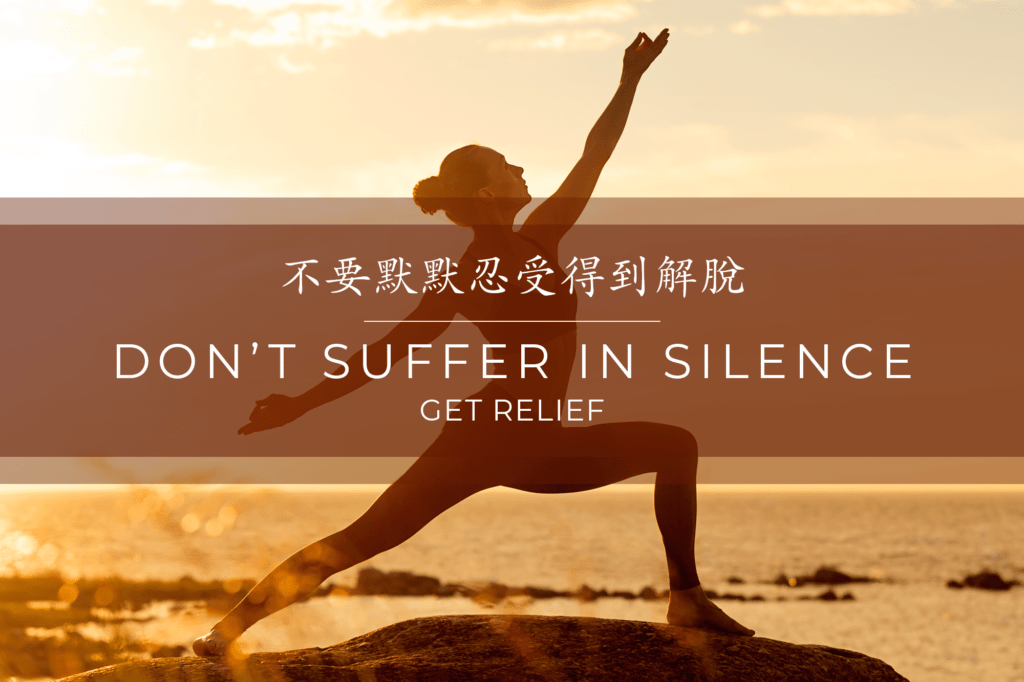
The PAIN Pandemic Most people suffer in silence. Pain can turn your life upside down all the while leaving you incredibly isolated, even from those you love. Sometimes all you can think about is your pain. Every step, every move. It can be insufferable, unrelenting, and overwhelming. 58.9% of adults in the U.S. aged 18 […]
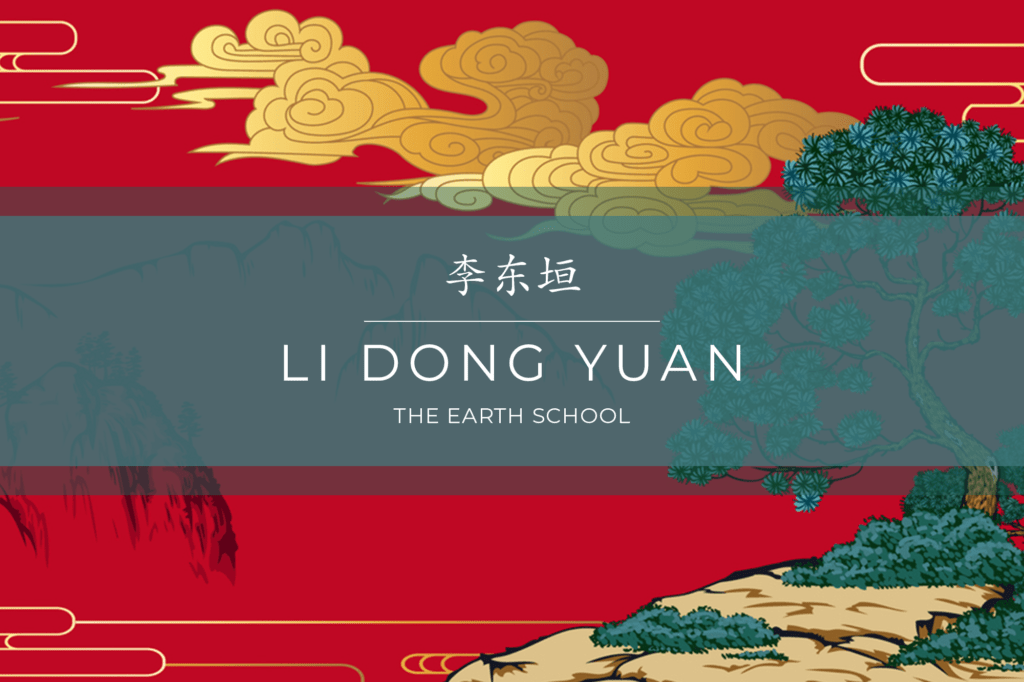
李东垣 Li Dong Yuan: The Earth School 李东垣 Lǐ Dōng Yuán (1180-1251) is revered as one of the Four Great Masters of Traditional Chinese Medicine during the Jin (1115-1234) & Yuan (1271–1368 ) Dynasties, and founder of the great 补土派 Earth School of thought. His name has been memorialized alongside legendary physicians such as 劉完素 […]

Bao Gu: The Immortal Lady Bao Bao Gu lived during the 晉朝 Jin Dynasty (266 – 420 A.D.) and is celebrated as one of the four most influential female physicians of ancient China. Bao Gu’s name is among giants such as Yi Shuo, who was the first female Imperial Physician for the Empress of the […]

巢元方 Chao Yuanfang 巢元方 Chao Yuanfang was a highly influential physician and author in China whose impact in his own community as well as neighboring Japan influenced medical sciences that are still referenced today. There are not many records about Dr. Yuanfang’s birth and life. He lived during two great Chinese dynasties: the Sui Dynasty […]
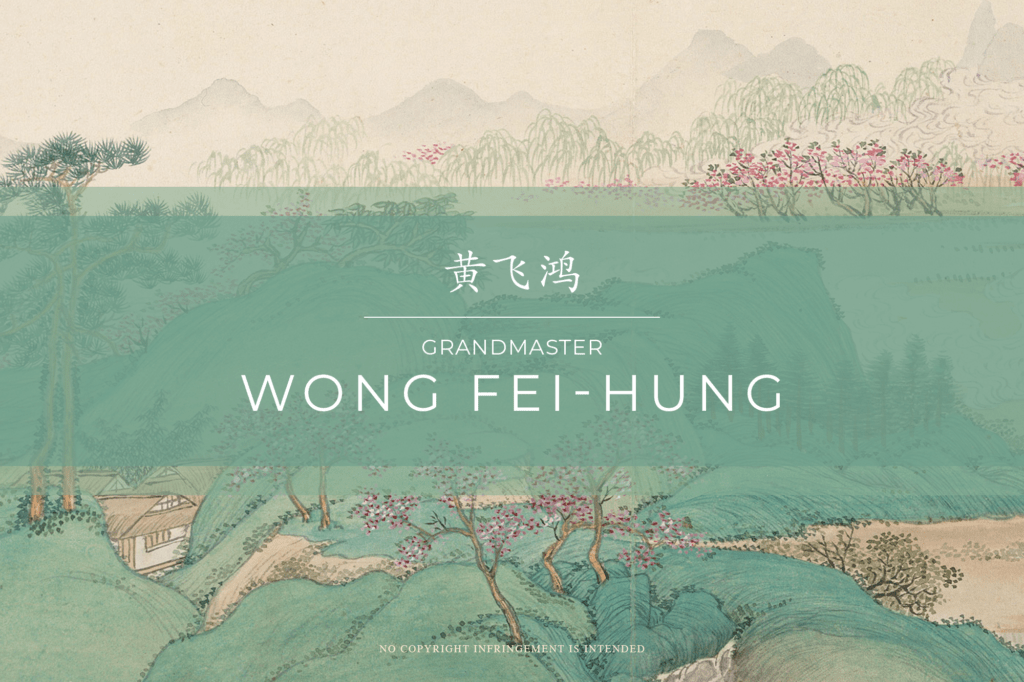
黄飞鸿 Wong Fei-hung’s Origin Story Today we will be discussing the incredible life of 黄飞鸿 Wong Fei-hung. He is considered one of the forefathers of modern day martial arts, a master bone setter and a folk hero. 黄飞鸿 Wong Fei-hung was born near Foshan (Bruce Lee’s ancestral home) in 1847 and was given the name […]
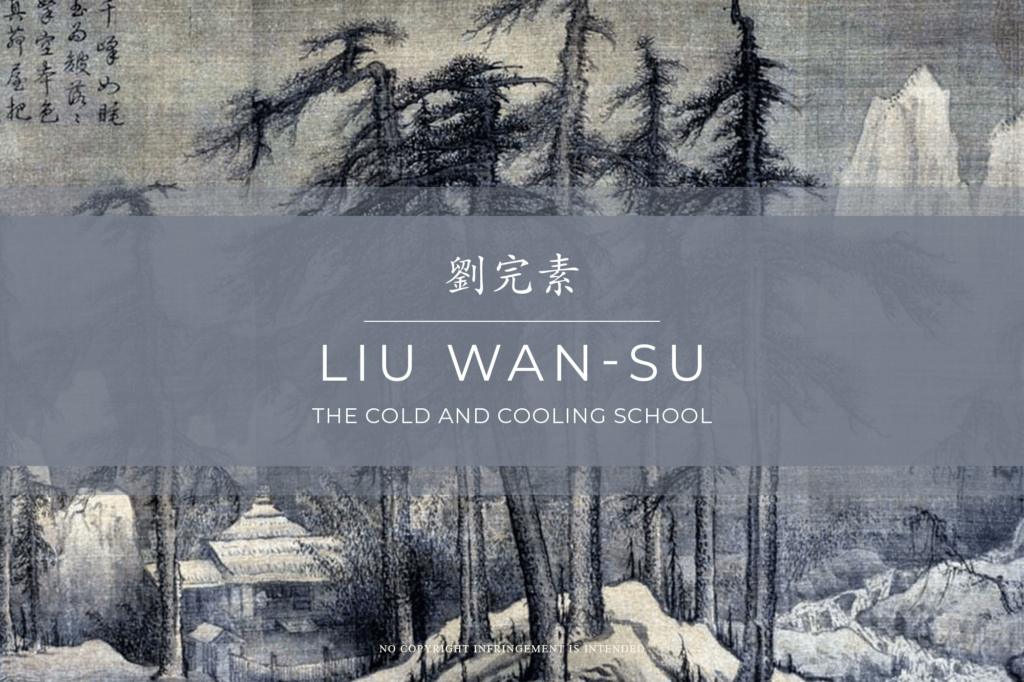
The Four Great Masters of Chinese Medicine 劉完素 Liu Wan Su lived from 1110–1200 and is revered as one of the Four Great Masters of Chinese Medicine during the 金朝 Jin Dynasty (1115 – 1234). His name has been memorialized alongside 張志和 Zhang Zi He (School of Attacking and Purging), 李东垣 Li Dong Yuan (Earth […]
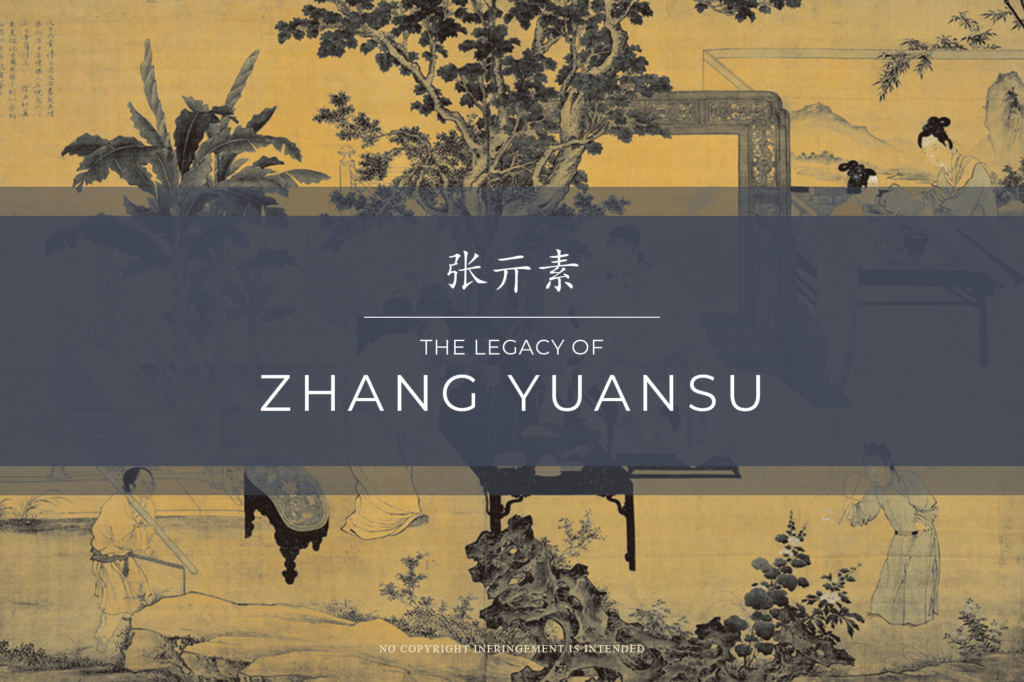
张亓素 Zhang Yuansu’s Origin Story 张亓素Zhang Yuansu was born in Yi Shui, Hebei Province in the 金朝 Jin Dynasty (1115–1234 A.D.). When he was just 8 years old, 张亓素Zhang Yuansu passed an imperial exam for children. However, Zhang failed to pass the imperial examination for scholars based on Confucian classics at the age of 27 […]
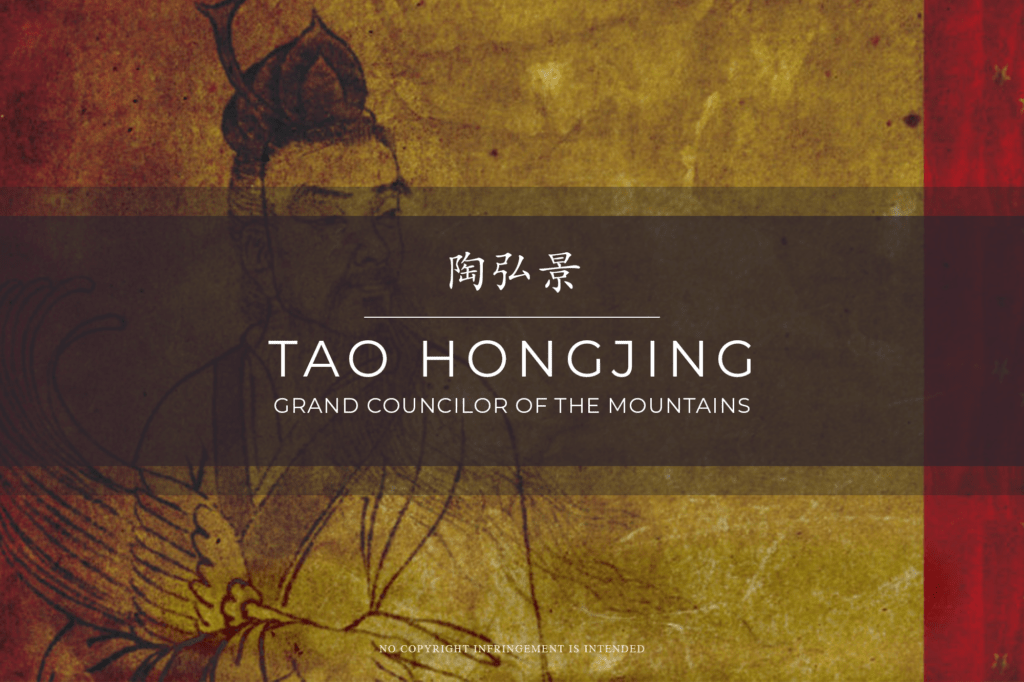
陶弘景 Tao Hongjing: Grand Councilor of the Mountains 陶弘景 Tao Hongjing was born near the southern imperial capital of Jiankang (modern day Nanjing) in the year 456 and lived during the Northern and Southern Dynasties of China (420 – 589). 陶弘景 Tao Hongjing was an extraordinary human being who excelled in everything he set his […]

